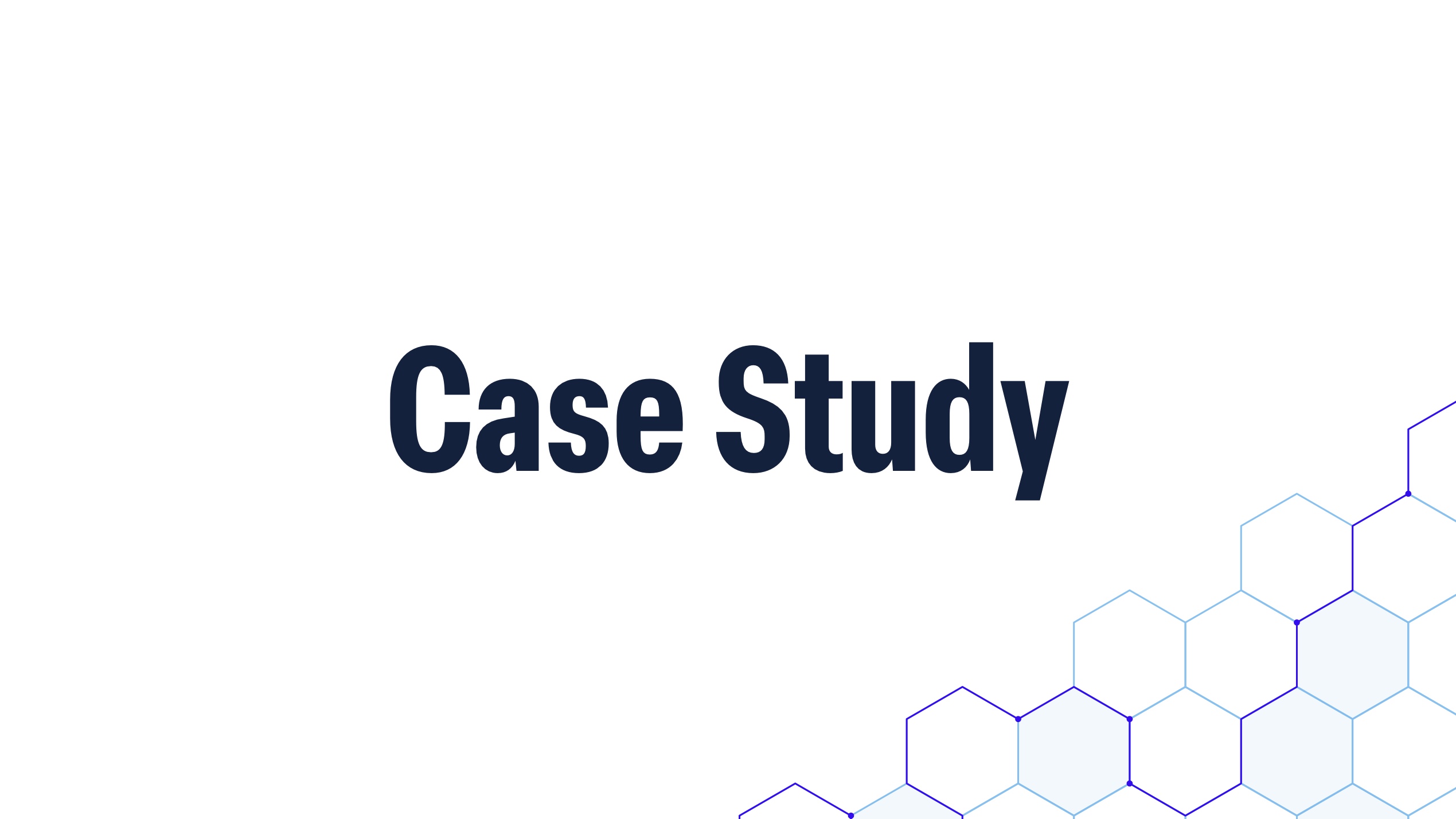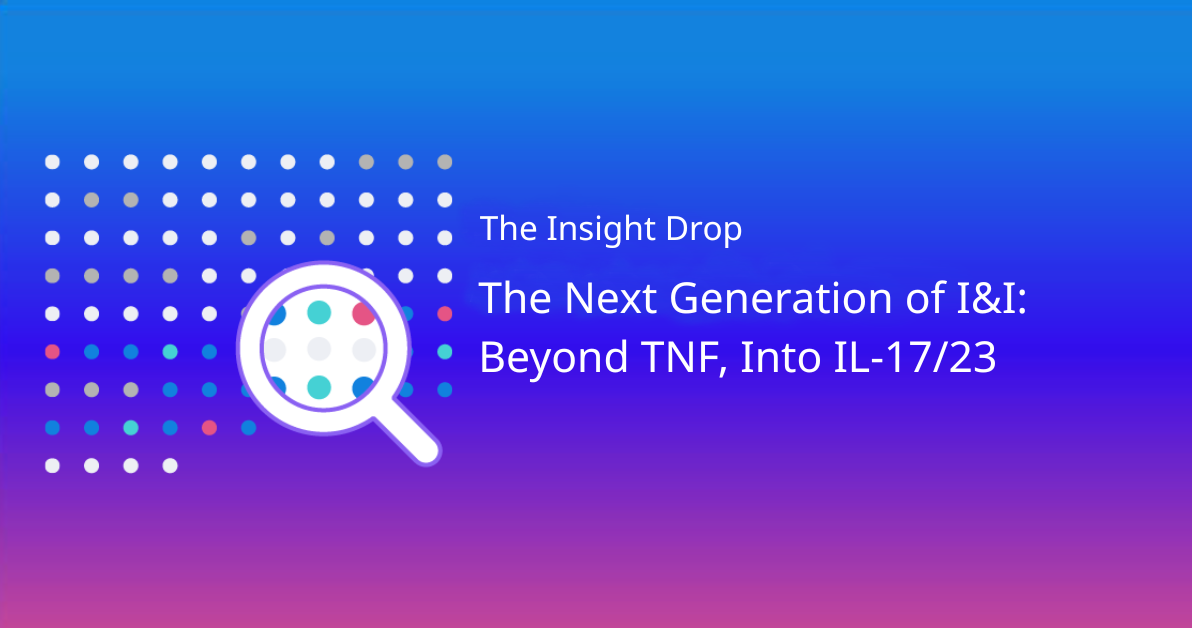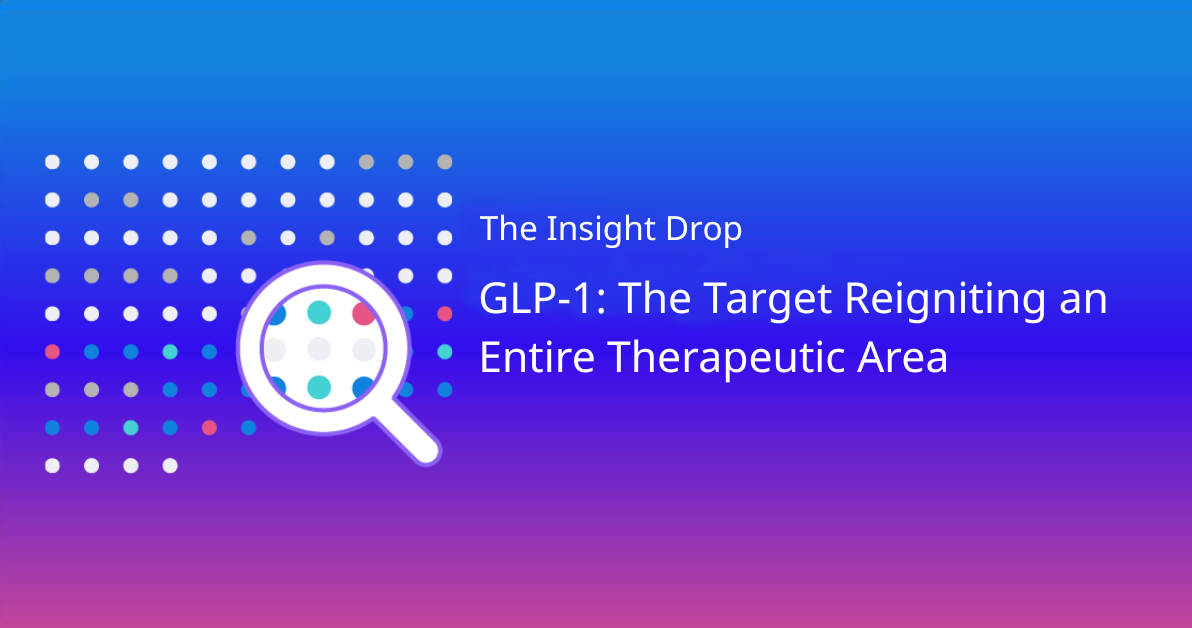Imagine a world where drug development is faster, more cost-effective, and tailored to individual patients. This vision is becoming a reality thanks to artificial intelligence (AI), which is transforming the pharmaceutical industry. AI streamlines drug development by rapidly analyzing vast amounts of data, enabling pharmaceutical companies to make more informed decisions, reduce costs, and accelerate the discovery of new treatments. Moreover, AI enhances clinical trials by improving patient recruitment, predicting outcomes, and supporting regulatory processes, leading to faster approvals and more effective therapies for patients.
In this blog, we explore how AI is reshaping key areas of the pharmaceutical landscape and what it means for the future of drug development.
Applications of AI in Pharma R&D
Research and Development (R&D) encompasses all activities related to discovering new drugs, enhancing existing therapies, and ensuring regulatory compliance. AI quickly becomes a transformative force in these areas by enabling better decision-making and accelerating innovation.
AI plays a particularly impactful role in drug development by predicting and preventing potential issues, such as ineffective drug candidates, safety concerns, and failure rates in clinical trials, ultimately leading to more promising agents. Furthermore, AI is set to advance personalized medicine by analyzing patient-specific data and enabling more targeted treatments tailored to unique genetic profiles. It also aids in biomarker discovery, offering deeper insights into disease mechanisms and potential therapeutic pathways (McKinsey, PwC).
AI’s Role in The Future of Drug Development
It’s no secret that drug development has traditionally been a complex, time-consuming and expensive process, often taking over a decade and costing approximately $1.4 billion (McKinsey), while pharmaceutical companies strive to maintain competitiveness and secure the ‘first-mover’ advantage. Today, AΙ is transforming this process by enhancing key procedures within drug development. In this context, AI facilitates the identification of hit and lead compounds, as well as drug structure optimization and screening. More specifically, it can analyze vast chemical libraries and recognize promising agents with higher precision, ensuring better efficacy and safety profiles. Additionally, AI can suggest ways to synthesize new drugs, significantly reducing the time spent on early-stage research. Beyond discovery, AI also enables the repurposing of existing drugs for new therapeutic uses, accelerating development timelines and reducing costs (PwC).
AI’s Impact on Clinical Trials
After a drug successfully passes the development stage, it must undergo rigorous testing in clinical trials to evaluate its safety, efficacy, and potential side effects before reaching the market. These trials bridge laboratory research and real-world patient applications, ensuring that only the most effective and safe treatments are approved for use.
One of AI’s primary contributions is its ability to optimize patient recruitment, a critical step that traditionally consumes time and resources. By leveraging patient data and historical trial results, AI can identify the most suitable candidates for trials based on specific biomarkers, genetic profiles, and other relevant factors. This improves recruitment timelines and ensures a better match between patients and trials (McKinsey).
NIH researchers have recently developed TrialGPT, which scans medical summaries to match patients with eligible clinical trials. Tools like Muse, Deep6, and patient finder from Inovalon also assist companies in accelerating recruitment. Industry announcements from Sanofi and Novartis indicate that they are leveraging AI to expedite the patient recruitment process.
Furthermore, in the near future, AI could have the potential to enhance trial monitoring by continuously analyzing patient data throughout the trial, allowing for real-time detection of potential adverse events and enabling quicker responses to minimize risks (McKinsey).
Another critical aspect is AI’s ability to enhance the prediction of “Probability of Technical and Regulatory Success,” better known as PTRS. By analyzing historical clinical trial data, AI can predict the likelihood of a drug candidate overcoming technical and regulatory challenges and gaining its position in the market.
Additionally, conducting these trials requires extensive documentation. Today, this can be accelerated by automating data analysis and report generation, thereby improving the efficiency of this process (PwC).
Regulatory Decision-Making With AI
The last step before a drug reaches the market is obtaining regulatory approval. This requires extensive documentation, compiling all relevant data generated during the development of the drug, e.g., drug’s development, clinical trial results, safety profile, and manufacturing process.
These documents must be submitted to regulatory agencies, which conduct a thorough review before granting the desired approval. This decision is often difficult and not guaranteed. AI can streamline this process by automating document preparation and submission, ensuring compliance with evolving regulations, and reducing the administrative burden on pharmaceutical companies (McKinsey). Earlier this year, the FDA released draft guidance on leveraging AI in regulatory decision-making. AI’s use in regulatory decision-making is undoubtedly a topic that is front and center.
Leading Science Needs Industry-Leading AI Solutions
At Intelligencia AI, we’re proud to be at the forefront of this transformation, providing AI-driven solutions like Portfolio Optimizer™ for smarter drug candidate selection earlier in the pipeline and Dynamic Benchmarks for deep historical clinical trial data to enhance existing processes. Our AI-driven PTRS assessments empower companies to make confident, data-driven decisions with expertly curated and harmonized data. We enable companies to make confident, data-driven decisions and advance innovation by delivering the latest industry developments and critical clinical research insight.
As AI continues to evolve, its growing impact on the pharmaceutical industry promises to drive unprecedented innovation, accelerating the development of more effective therapies and improving patient outcomes globally.



